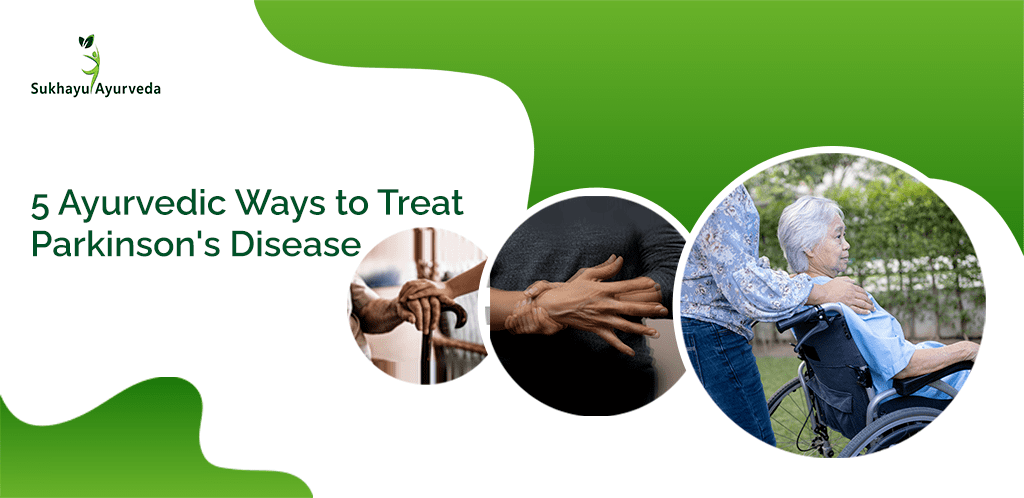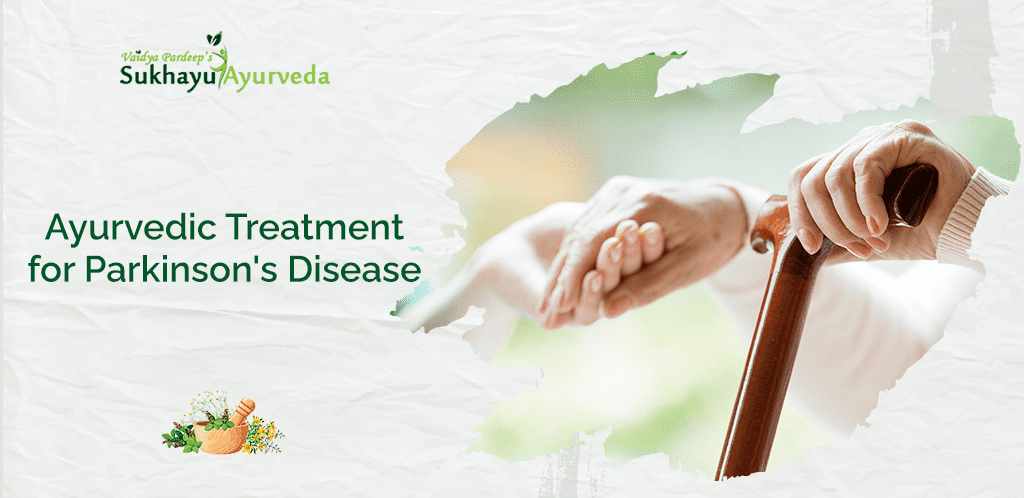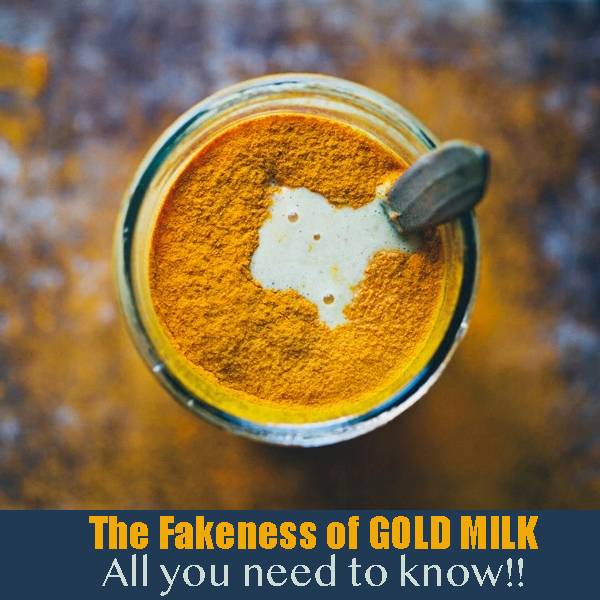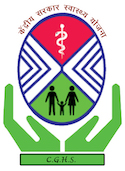5 Ayurvedic Ways to Treat Parkinson’s Disease

The Brain is responsible for any movement we make- from writing and reading to talking and walking. However, a degenerative brain disorder like Parkinson’s disease can strip a person of the ability to do seemingly simple tasks that we often take for granted. Ayurvedic treatment for Parkinson’s disease can help by arresting the deterioration of brain cells and improve both fine and gross motor movements. Along with Ayurvedic medicines, panchakarma treatment for Parkinson’s problems can help you better quality of the life. After 15 years of regular research for working on ayurvedic solution for neuro diseases. Sukhayu Ayurved has made sure to “add quality years in life of Parkinson’s disease patients”.
Any movement that we make relies on the controlling system of human body- the Brain. Be it writing, reading, walking or talking. But a serious brain disorder like Parkinson’s disease can rob a person of the ability to do everyday tasks. There’s no cure for this modern day conventional system of medicines. The dosages of medicines and their dependacny keeps on increasing. No solution comes in place. But Ayurvedic treatments can help to arrest the degeneration of brain cells enhancing the fine and gross motor movements.
Ayurvedic Treatment for Parkinson’s Disease

Parkinson’s disease most often occurs in people over the age of 50, but it can sometimes appear earlier. Parkinson’s is a neuro-degenerative disorder, which means that brain cells gradually stop working and die. The disease damages brain cells that produce dopamine, a chemical messenger involved in the movement. A shortage of dopamine causes tremors, rigidity, and problems with balance that are hallmarks of Parkinson’s disease.
Though there is presently no cure for Parkinson’s disease, those suffering may find relief through Ayurveda. This approach to managing symptoms aims to achieve balance through diet, lifestyle changes, herbs and yoga therapy. Herbal remedies work to improve neurotransmitter balance in the brain and remove toxins from the body while yoga helps stimulate nerves that control movement. It improves mental clarity and physical ability along the way.
Ayurvedic treatment will not only slow down the progression of Parkinson’s but also protect remaining healthy neurons and reduce any damage caused due to trauma or stress on brain cells. In addition to ayurvedic treatments, patients should follow strict dietary guidelines like avoiding fried foods, alcohol and other stimulants as these can worsen their condition. Regular exercise.
Sukhayu Ayurved’s Medical Protocol for Treatment for Parkinson’s Disease
In last 15 years of the medical practice, at Sukhayu Ayurved Hospital we have developed a complete treatment protocol for the treatment of parkinson’s disease. With this protocol we are not only making sure that disease will slow down, but also had make sure that quality of life with ayurvedic treatment for Parkinson’s.
We have two fold system of treatment with us for this condition-
1. Ayurvedic Treatment for Parkinson’s Disease with Medicines
We have developed some wonderful Ayurvedic medicines for the problem of the Parkinson’s disease. Ayurvedic solution for neuro disease lies in the management of the Doshas. And medicines are the primary solution to work on these problems.
Medicines work on the primary and early cases alone where disease has not complicated yet.
2. Panchakarma Treatment for Parkinson’s Disease
When doshas are aggravated and damage is beyond a line, we need to be very much specific with treatment of the same with Panchakarma in case of Parkinson’s disease.
These are inhouse treatments where we do perform different Karmas (Procedures) from Panchakarma treatments of Ayurveda.
These are always beyond the Massage and Shirodhara alone.
Ayurvedic Panchakarma therapies can be very helpful in treating Parkinson’s disease. These treatments help to reduce inflammation, improve blood circulation, and strengthen the nervous system. Various ayurvedic therapies such as Abhyanga (oil massage), Swedana (herbal steam bath), Virechana (medicated purgation therapy) and Nasya (nasal administration of herbal oils) are beneficial in improving the symptoms of Parkinson’s disease. Different herbs like Ashwagandha, Brahmi, Jatamansi, Shankhpushpi etc., which possess anti-inflammatory and neuroprotective properties help to ease the tremors and stabilize moods.
3. Yoga Asanas for Parkinson’s disease
Generally, Yoga asanas dont have direct relation with Ayurvedic treatment for Parkinson’s disease. But to maintain the activity and to ensure the freedom of movement, Yoga helps a lot.
The proper schedule of Pranayam helps in the management of the Parkinson’s disease progress, very well.
4. Mudras
Just holding the fingers in place works wonders in controlling the tremors as well as rigidity.
Mudra Therapy is an effective and natural form of treatment for managing the symptoms of Parkinson’s disease. The simple technique involves combining body postures and hand gestures that act as a gateway to heightened awareness, relaxation, and improved physical functions. Mudras stimulate certain parts of the brain by sending energy signals that help improve motor skills, movement coordination, flexibility, balance and concentration. Practicing Mudra Therapy regularly can also help reduce stress-related symptoms such as tremors, muscle stiffness, fatigue and depression associated with Parkinson’s disease. In addition, mudras encourage relaxation which is crucial for those living with this chronic condition. Regular practice of mudras helps to free up blocked energy in the body resulting in a greater sense of emotional wellness. Therefore we keep it as a part of our Ayurvedic treatment for Parkinson’s disease.
5. Ayurvedic Diet for Parkinson Patients
Ayurvedic treatment for Parkinson’s disease is incomplete without proper execution of Ayurvedic diet.
The Ayurvedic diet is known to be a holistic approach that not only provides nutrients to the body but also helps in reducing inflammation and improving overall health. According to Ayurveda, certain foods are believed to help balance out the three doshas in the body: Vata, Pitta and Kapha. This balance can lead to improved mental clarity, better digestion and detoxification of unwanted toxins from the body
Research has found that an ayurvedic diet may be beneficial for people with Parkinson’s disease due to its anti-inflammatory effects which may reduce inflammation in the brain associated with Parkinson’s disease.
The Final Words
What can help you and how much you need of each of these five, depends condition of the patient. The assessment of the patient is required for this, please do consult online with Vaidya Pardeep Sharma M.D. (Ayurved) for the proper assessment of patient.















1 comment